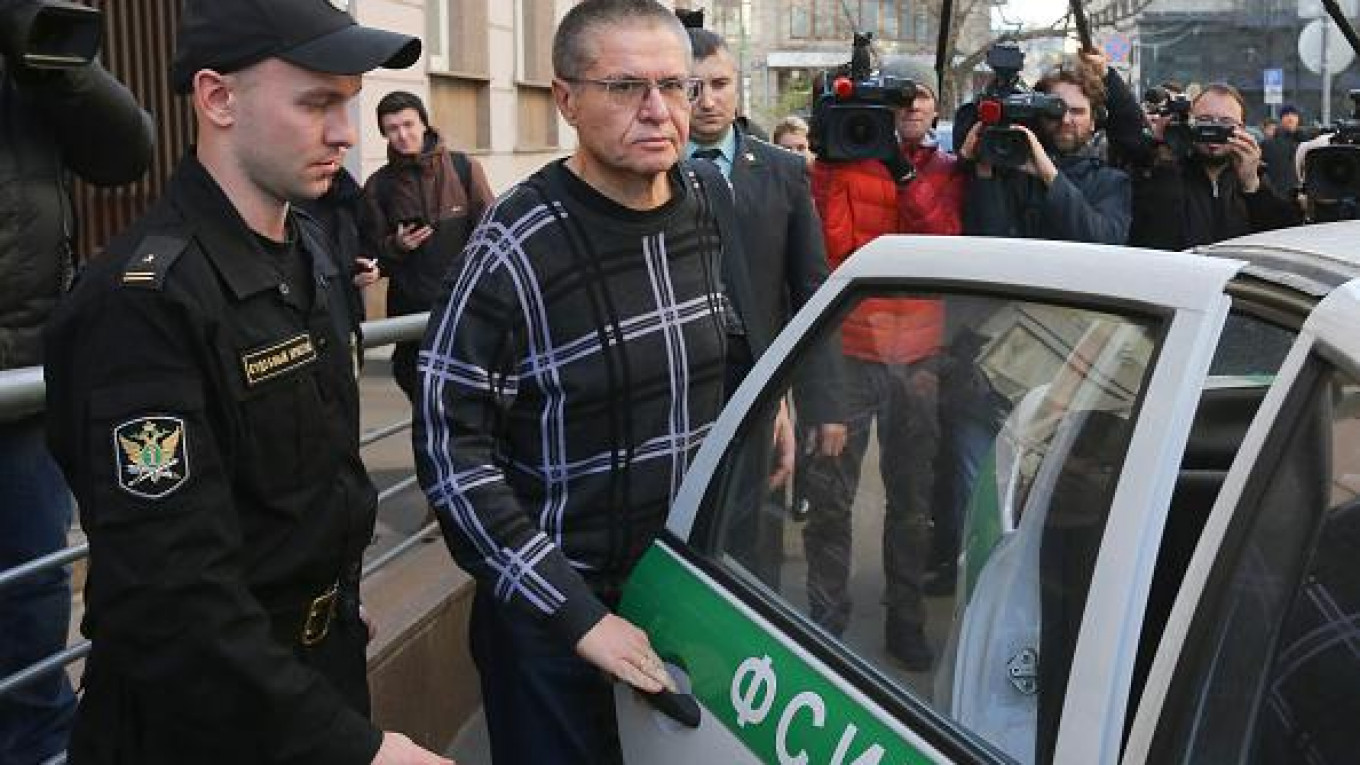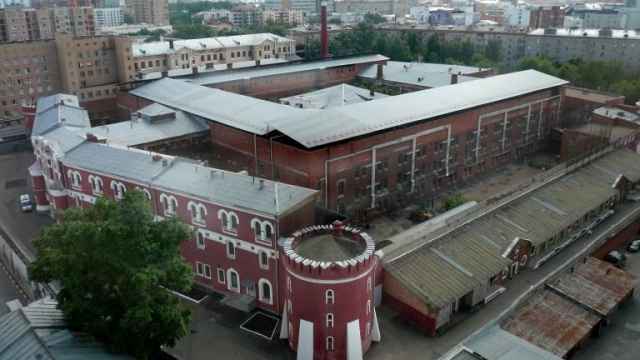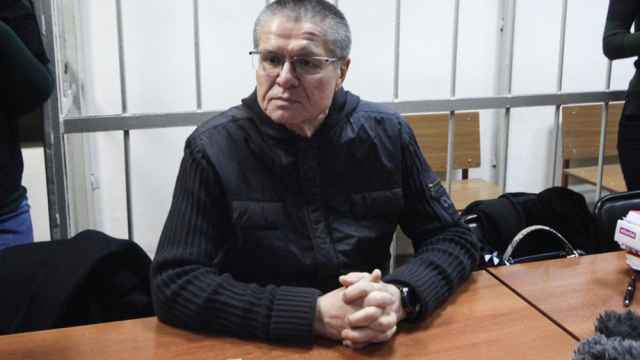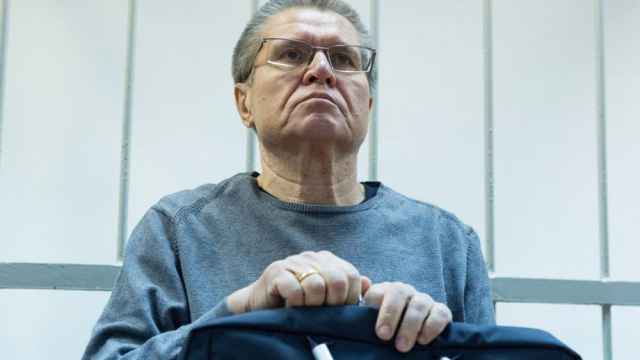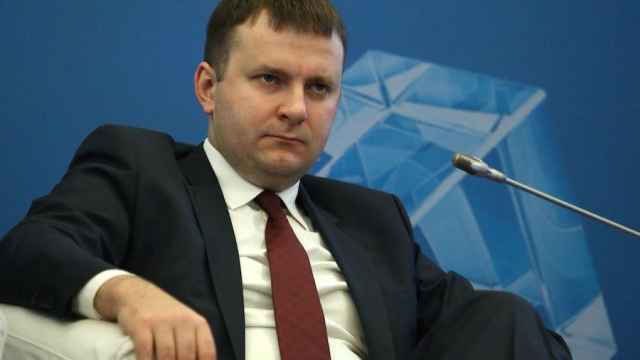(Bloomberg View) — A trial that set the tone for Russian President Vladimir Putin's next term in power ended in Moscow on Friday. Former Economy Minister Alexei Ulyukayev was found guilty of accepting a $2 million bribe from Igor Sechin, the chief executive officer of state-controlled oil major Rosneft. This was, in effect, a dispute between two powerful officials, of the kind Putin used to arbitrate quietly. It's significant that he chose not to this time.
Ulyukayev was arrested in November, 2016, by the FSB domestic counterintelligence service in a sting operation arranged by Sechin. The Rosneft chief invited the minister to his office, chatted with him, then handed him a bag. When FSB operatives grabbed him, the bag turned out to be full of cash. Sechin claimed it was a payoff Ulyukayev had demanded for giving the green light to the "privatization" of Bashneft, a state-owned oil company, by Rosneft. Ulyukayev had opposed the deal, saying one state firm swallowing another wasn't real privatization, but later relented.
Ulyukayev claimed he had been set up and that bribing Sechin was unthinkable because of his close relationship with Putin and Rosneft's importance as an arm of the state. He told the court that he expected the bag to contain bottles of wine, perhaps some sausage made from game Sechin had killed -- a gift the Rosneft chief enjoyed handing out.
The story itself was extraordinary: It implied that a government minister routinely extorted bribes, or in any case took for granted gifts, for advancing corporate interests. It also paraded before the general public Sechin's ability to bring down a key government member — for Ulyukayev was a respected technocrat at the top of the Russian government's competently run economic bloc.
The trial that followed was even more sensational. One could have expected it to be closed to the press and the public, given its focus on relationship dynamics in the top echelons of Russian power. Spectators were allowed, however, and transcripts of conversations between Ulyukayev and Sechin on the day of the sting were read in court. A Russian press starved of samples of such top level communication seized on these unabridged, cynical, jargon-filled discussions, much to Sechin's displeasure. He described the prosecutor's decision to make the transcripts public as "professional cretinism."
In an added affront to Sechin, who initially seemed in control, and in partial confirmation of early theories that the whole episode was part of an intrigue meant to bring him down, the court repeatedly summoned Sechin to testify. He kept dodging the summons until the judge gave up. This gave Ulyukayev's supporters among Russian liberals hope that Sechin's victory might not be certain.
Meanwhile, the prosecutor demanded that Ulyukayev be sentenced to 10 years in a maximum security facility. In his last word — carried in full by state news agencies — Ulyukayev insisted he had been framed, but also delivered an unexpected mea culpa, a bitter statement of regret about his role as a major functionary in the Putin system:
I am guilty of compromising too often, of choosing easy paths, often of preferring career and wellbeing to standing up for principles. I whirled in a pointless bureaucratic dance, received and gave gifts. Tried hypocritically to build relationships. Only when you get in trouble, you begin to understand how hard people's lives actually are, how much injustice they face.
At the end, Sechin prevailed. Ulyukayev has been sentenced to eight years in prison, with the possibility of parole in a little less than five years. But Sechin didn't win thanks to Putin's interference — otherwise there would have been no embarrassing openness, no published transcripts of Sechin's conversations, no court summons. At his annual press conference on Thursday, when Putin was asked about Sechin's behavior during the trial he replied indifferently that the Rosneft chief broke no laws by not showing up, but that "Sechin could have come to court, too, so he could repeat everything he told investigators."
Putin's decision not to intervene was obvious from the very conduct of the trial. Sechin prevailed as an independent actor in a fight that pitted him against the technocratic circle that runs the government. Kremlin watchers have noticed this. Tatyana Stanovaya wrote for the Carnegie Endowment that the hypercentralized system Putin had built in the 2000s has eroded thanks to the leader's growing desire to delegate decisions and watch members of the elite fight it out. She added:
Where there's no Putin, one can be like Putin. Sechin was not shy to push the Bashneft sale without asking the president for help. He made a show of punishing a minister for his careless dissent.
The West still perceives Russia as a place where Putin makes all the decisions. But Putin appears confident that the system he built has sufficient internal checks and balances to operate reliably in his interest, regardless of which loyal group or individual wins a specific dispute or undertakes a policy project. The system that, for some years, approached an absolute monarchy with every path leading to the tzar is beginning to resemble a more modern decorative monarchy with a twist -- one where a relatively passive Putin can jump in at any moment but chooses not to.
This possibility of intervention keeps rival camps off-balance. But it could evaporate without Putin's noticing as powerful actors — such as Sechin — get used to not looking over their shoulders at his reaction. Putin is likely to demonstrate his power every once in a while just to keep them on their toes. For now, he's experimenting with hands-off leadership, perhaps as a prelude to shifting to a less active role in 2024, when the next term runs out and Putin won't have the constitutional right to run for president again.
Leonid Bershidsky is a Bloomberg View columnist. He was the founding editor of the Russian business daily Vedomosti and founded the opinion website Slon.ru. The views and opinions expressed in opinion pieces do not necessarily reflect the position of The Moscow Times.
A Message from The Moscow Times:
Dear readers,
We are facing unprecedented challenges. Russia's Prosecutor General's Office has designated The Moscow Times as an "undesirable" organization, criminalizing our work and putting our staff at risk of prosecution. This follows our earlier unjust labeling as a "foreign agent."
These actions are direct attempts to silence independent journalism in Russia. The authorities claim our work "discredits the decisions of the Russian leadership." We see things differently: we strive to provide accurate, unbiased reporting on Russia.
We, the journalists of The Moscow Times, refuse to be silenced. But to continue our work, we need your help.
Your support, no matter how small, makes a world of difference. If you can, please support us monthly starting from just $2. It's quick to set up, and every contribution makes a significant impact.
By supporting The Moscow Times, you're defending open, independent journalism in the face of repression. Thank you for standing with us.
Remind me later.



